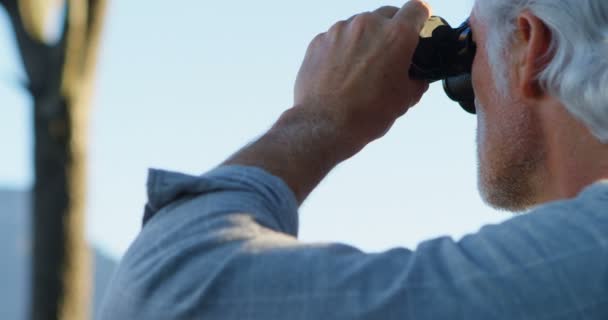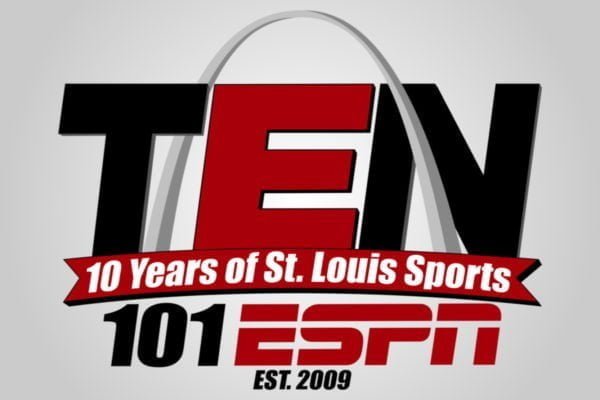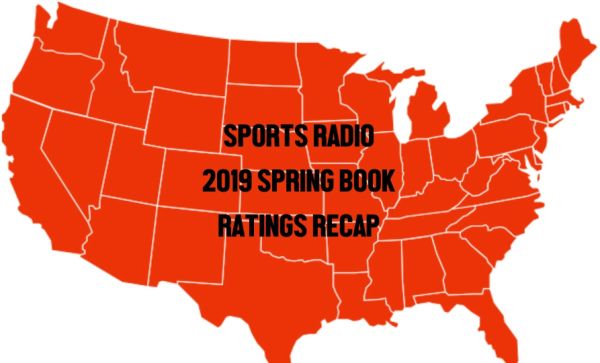This week it was announced that WSSP/105.7 The Fan in Milwaukee will not be hiring a new Program Director to replace the retiring Tom Parker. Instead super PD Mitch Rosen of The Score in Chicago will add PD duties for the Milwaukee sports station. While accolades were all around especially because of Mitch’s exceptional managerial abilities, it made me think–where will sports radio’s future PD’s learn to be a PD?
Historically in all radio formats PD’s, like on-air talent, have worked their way up from smaller markets where they would learn the trade, make some mistakes, have some success and move to a larger market. Another major way to prep for a PD position is to spend time as an Executive Producer or Assistant Program Director learning under a more senior PD. Here’s the problem I see, Executive Producer/Assistant Program Director jobs are disappearing plus many medium and small market sports stations do not have a dedicated PD.
This is not a specific indictment of Entercom, the radio giant that owns WSSP/Milwaukee, The Score/Chicago and some 233 other radio stations across the country. Earlier this year, 97.1 The Fan/Columbus (owned by smaller company Dispatch Broadcast Group) didn’t replace PD Jay Taylor and instead broke up the PD’s duties among a few staffers. It’s happening all over and it worries me as to where the next generation of Sports Radio PDs will come from.
Here are some ideas assuming that these PD/EP/APD jobs are not coming back:
1. Producers: This historically been a proving ground for potential PDs. With the APD/EP positions disappearing, there isn’t a middle manager role for the more talented producers to grow in. So they’ll have to ramp up quickly in learning how to manage people, think strategically, and coordinate with all other departments.
2. Other Format PDs: The inaugural group of sports radio PDs came from other formats. Heck, they had to because the format didn’t exist. Legendary PDs like Mark Chernoff/WFAN(Rock) and Tom Bigby/WIP (Top 40) came from music formats. Other PDs came from News and Talk formats. With fewer proving grounds for younger sportsradio pds, you can expect to see programmers coming from other formats.
3. On-Air Talent: Personally, I’ve always thought that you can’t be a great show host and a great PD at the same time. There are just competing interests. Doing what’s best for an entertaining segment, may not be what’s best for the entire radio station. That being said, it certainly happens in smaller and medium sized markets. Don’t be surprised if you see it in major markets sometime soon.
4. Sales Management (Nooooooooooooooooo!!): I’m not saying it’s a good idea and it is likely every sports radio programmer’s nightmare, but sales managers are already dominating the GM and Market Managers roles, so why not fill the PD void.
5. Digital Managers: With digital becoming a more important part of sports radio, expect to see digital managers emerge as programming leaders in future years.
Conclusion:
I was lucky enough to be a Producer then Executive Producer, then Sports Director in a major market (Chicago). In 2002 I moved to a medium sized market (Kansas City) as a Program Director before moving on to XM/SiriusXM. Clearly, I would prefer the industry provided more opportunities for young sports radio programmers to learn, grow, make mistakes, and get better in 2019.
Matt Fishman is a former columnist for BSM. The current PD of ESPN Cleveland has a lengthy resume in sports radio programming. His career stops include SiriusXM, 670 The Score in Chicago, and 610 Sports in Kansas City. You can follow him on Twitter @FatMishman20 or you can email him at FishmanSolutions@gmail.com.







